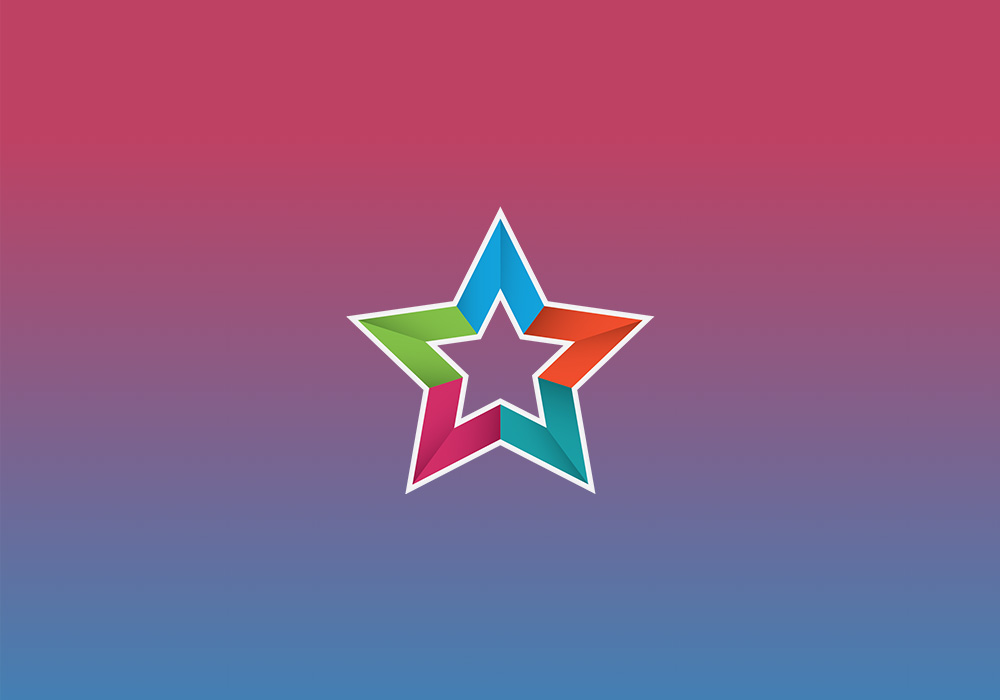Emotionally Supporting Our Youth
In our work, we meet young people from so many different, often difficult backgrounds. Whether through our youth conferences, like MOVE2STAND, or our result-based Student Assistance Program, we listen to stories, and aid in situations that are challenging and life-changing. Sometimes trying to create a space for emotional growth and healing to take place can feel overwhelming. We have all the facts and figures, along with the education and training, and yet, at times, all that we know on paper just doesn’t seem to be working. How do we help someone find the way to emotional wellness? To a better way? I believe, sometimes, we have to go back to the basics.
In the book, Boys in Crisis, Dr. Paul Slocumb talks about how young people often lack the emotional language to fully and honestly reflect and express their real emotions and feelings. Because of this, they fall into an “emotional abyss” that leads to everything from behavioral issues and depression, to a general lack of feeling fulfilled.
How I Was Able to Overcome the Emotional Abyss
On a personal note, this hits home. I grew up in a family that struggled through many circumstances. My father, who battled alcoholism and a gambling addiction, left when I was 10. My young, single mother was left to raise four boys on her own. With limited options, my mom, one of the most sacrificial people I have ever known, went to work. This often involved long hours and multiple jobs. Overnight, my feelings of safety, security, and stability turned to insecurity and fear. We moved from apartment to apartment, struggling to pay rent and to get through the month. We did. But, just like the young people with whom we work, there were natural consequences.
I made it through the most difficult years relatively unscathed. My brothers, however, struggled through their teen years and into their twenties, not because they were less smart, less talented, or were somehow deficient. In fact, in countless ways, they exceeded me with a healthier set of internal assets. No, something different was at work there. I made it through, and with fewer struggles, for basically one reason: I had outside help!
Along with a pretty solid group of friends my own age, I had caring adults in my life, teachers, coaches, youth leaders, school counselors, and members of my extended family, who helped give me that extra support and “language” that I was lacking. They gave me the support, and led by example, that slowly helped me gain the ability to understand why I hurt, why I felt lost, why I felt unloved, and why I sometimes did irresponsible things. They also helped me understand how to fulfill the unmet needs in my life. In other words, they loved me. They talked to me, and for some reason, I listened. They set boundaries, led by example, and gave me a safe place to fall. So, in addition to a loving mom who did everything she could to make sure we were safe, secure, fed, and loved, I had others who became part of an extended network who guided me to a healthier, more fulfilled life, where my emotional needs were met. I got lost from time to time, but they were the guiding lights that led me back to where I needed to be.
What Can We Do?
Our young people are in need of exactly the same thing. Some sit in silence, having grown hardened by adversity. Some act out in anger and frustration, because they don’t know how to tell us they are hurting and mad. Some turn to drugs and alcohol to numb the feelings they can’t express. We can give them all the money we can find, every gift at Christmas, every new gadget; but unless we help them feel safe and secure, and emotionally well fed, it won’t change anything.
It’s important to remember that we are a community and not to take for granted that everyone has the emotional language to behave “the correct way,” or, say the “right things”, or, even to sit still in school. We all need someone to help us learn that language, to feel that security, to provide a safe place to fall, and to help us find our way to healing. So, when given the chance, help someone learn. Help someone learn love. Be the one. If not you, then who?



